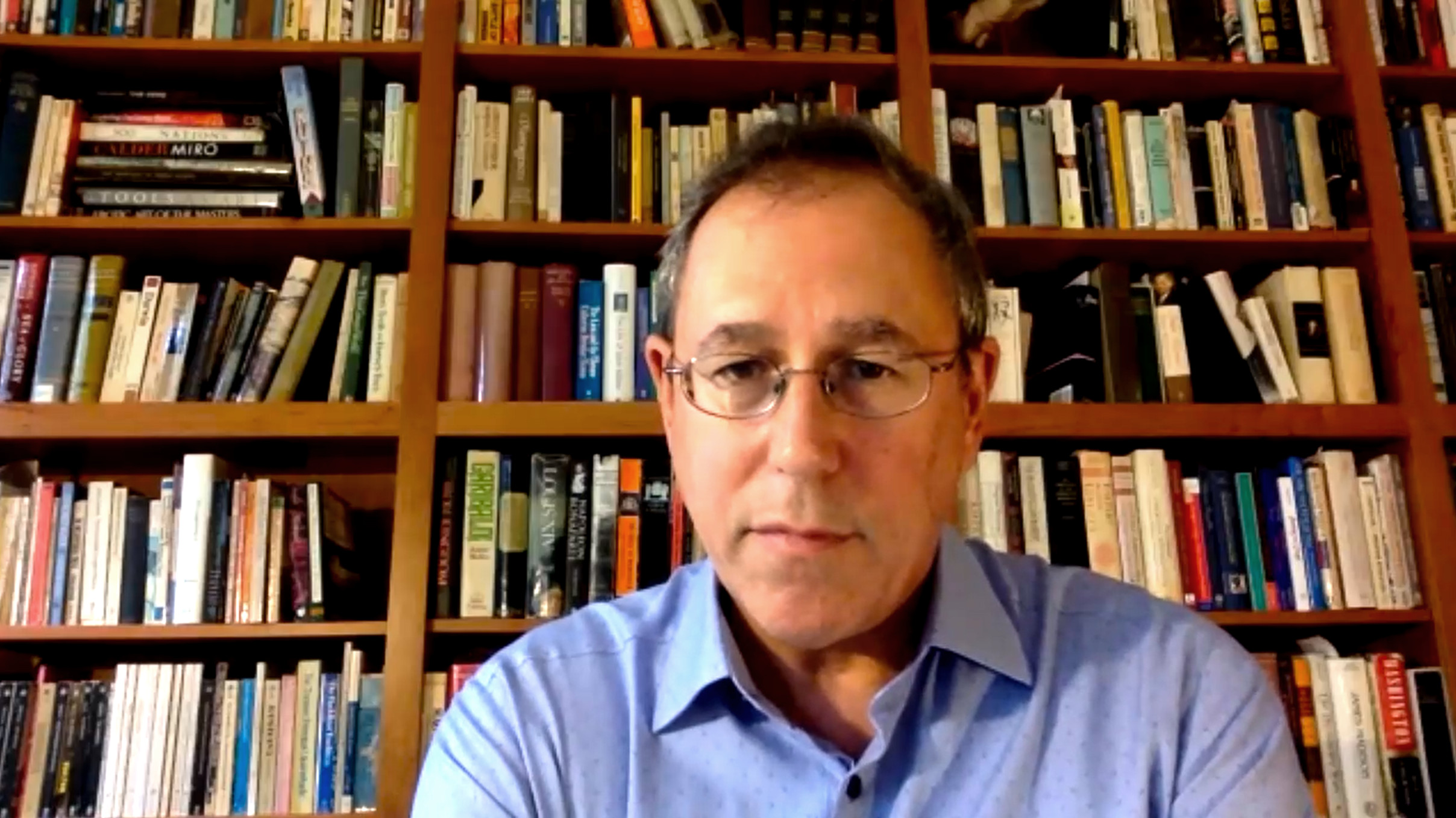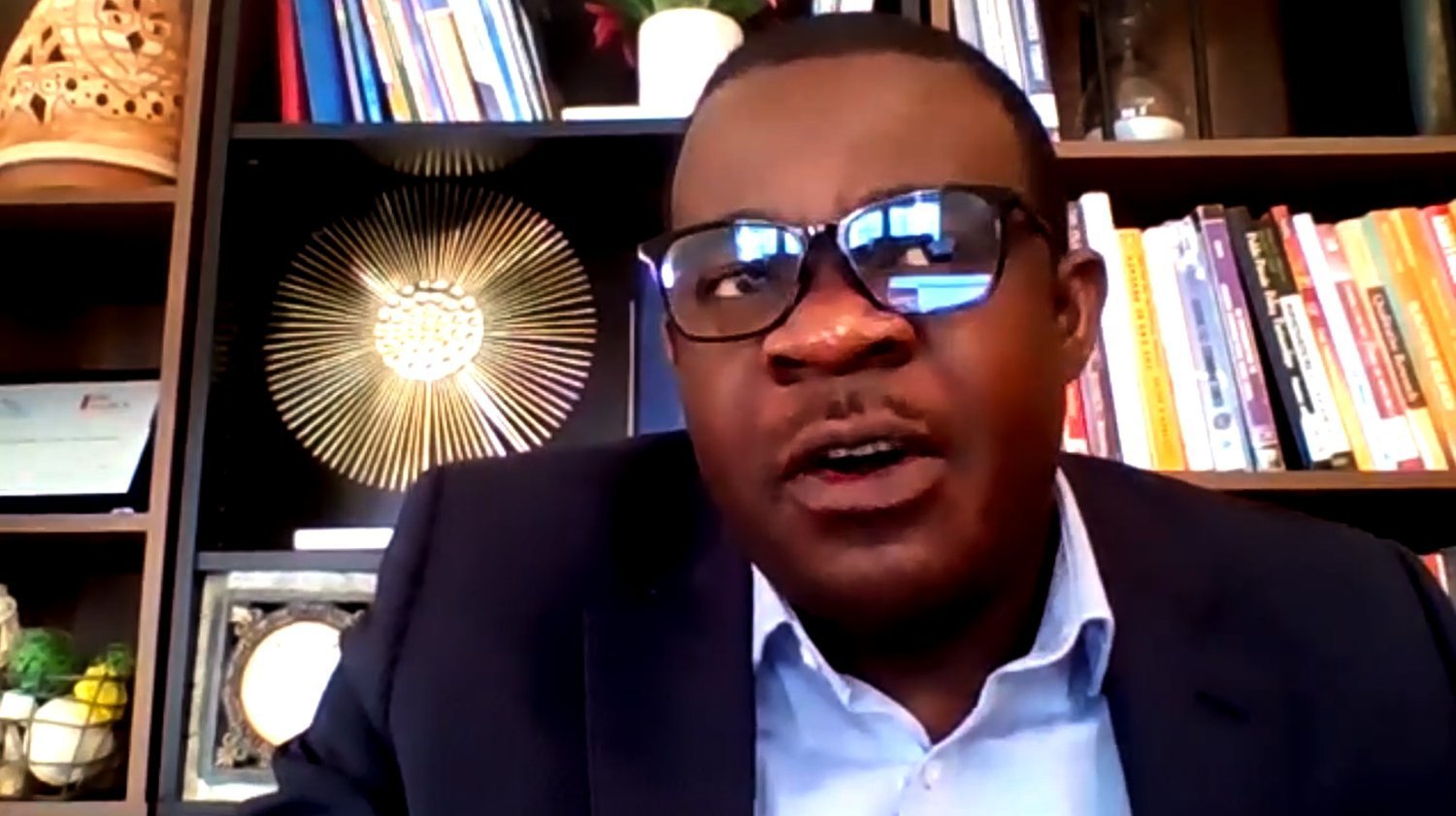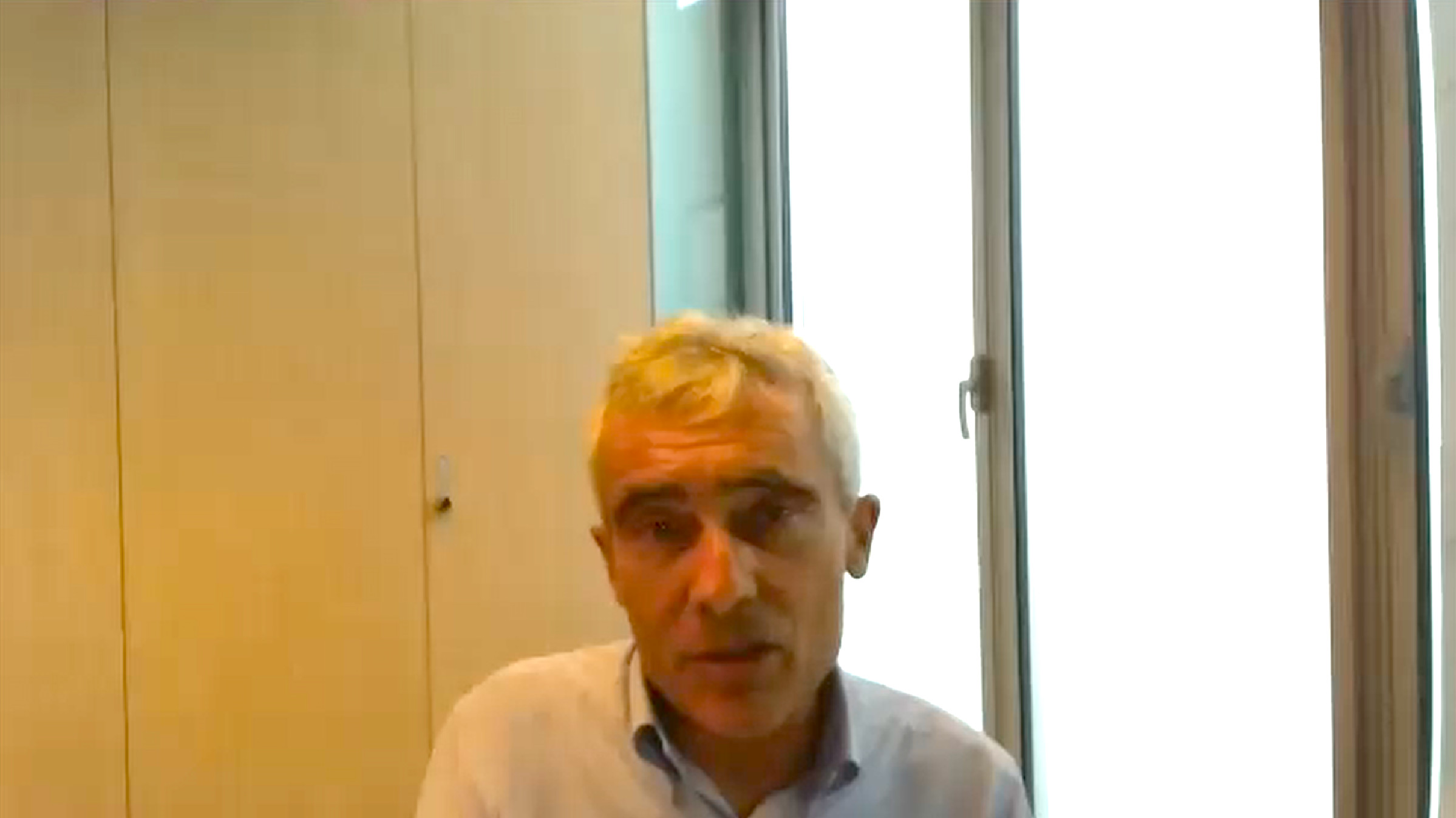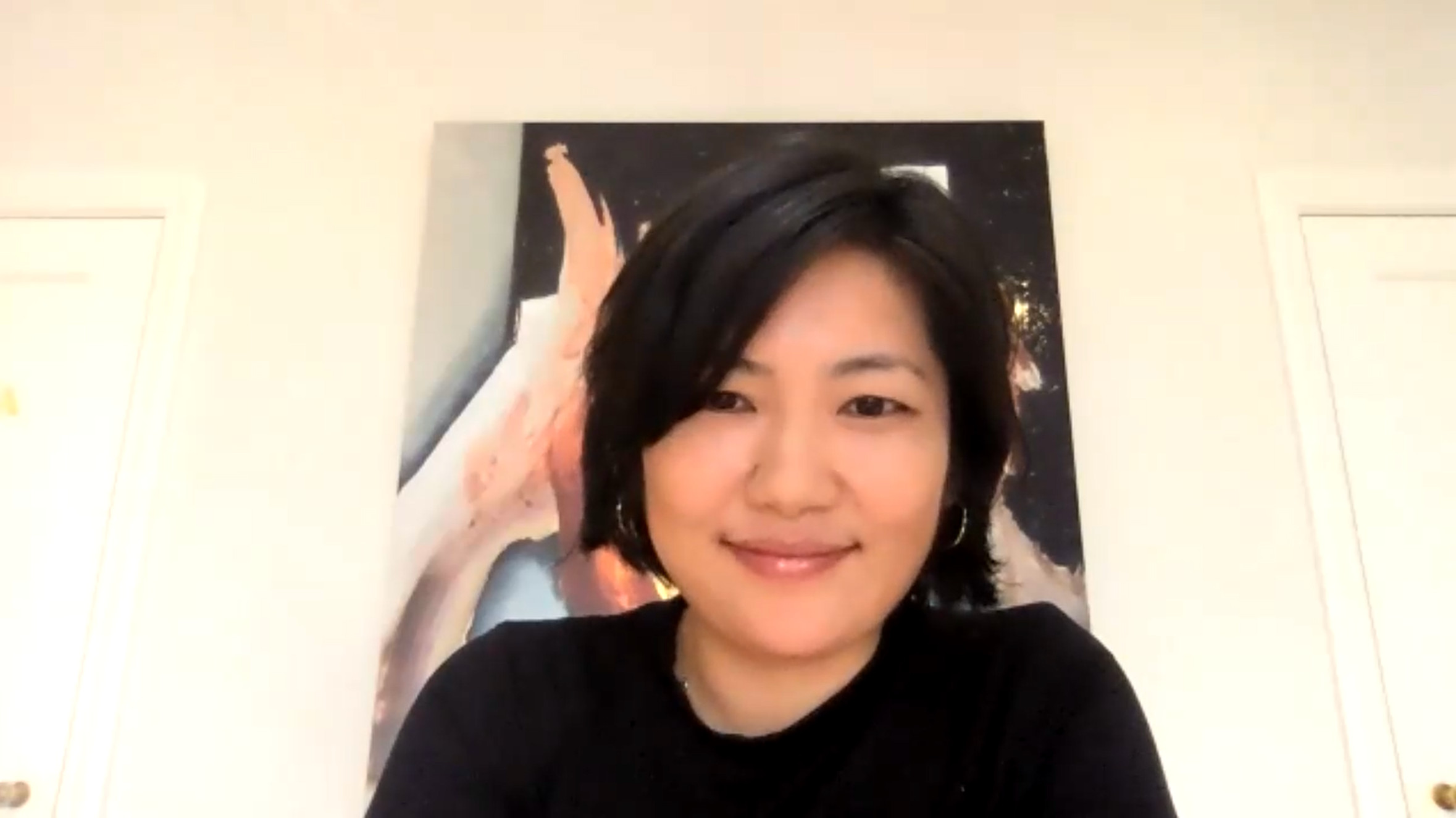Paola Subacchi
Italian. Economist. Professor of International Economics and Chair, Global Policy Institute, Queen Mary University of London, Visiting professor at University of Bologna, author
1. Why does economics matter?
Well, economics is part of our life. It’s a social science and it describes and analyzes the world we live in, and it provides the analytical instruments to understand the complexity of our world. It tells us how we produce, how we consume, how we use resources, how we use natural resources, how we take decisions, how we interact with each other and how much productivity we are able to obtain and so on and so forth. So these are all relevant questions for our world, and that’s why economics matters.
But economics has to be presented and understood and become part of our world rather than being a sort of “blue sky” detached discipline - then it becomes a very difficult language, so alien to many of us, many people who want to understand better our work.
2. What are the differences between economic science (academic economics) and economic engineering (policymaking)?
I would say there are no differences in the sense that differences are in the methodology and in the context of the application of economic concepts and tools. But in reality, economic science and economic engineering should be two sides of the same coin, so they should be complementary. They should help each other. So economic science, or academic economics, should provide the analytical instruments and conceptual frameworks to understand the world we are in, and they should provide models, tools, concepts, simulations to get a better understanding of the reality.
But at the same time, policies should provide a solution. And based on what we know from science economics, then policy should provide a solution to problems that have occurred or that might occur. So the two really complement each other. As I said, they should work together. And again, science economics or academic economics shouldn’t be in an ivory tower, but should actually be very close to the nitty-gritty of policymaking.
3. What role does economics play in society? Does it serve the common good?
Well, it should. And it should serve the common good of understanding and distributing resources, and making our societies more equal, more fair where resources are distributed and are not wasted. They’re not causing any harm.
So these are all part of the common goods, and the common goods are an important concept in economics. It’s something we consume together and doesn’t diminish, and we should be protecting these common goods. So again, clean air is a common good. And so economics and policies together should provide and should protect this common good. Natural resources are common goods, but unfortunately they are depleted or can be depleted.
And again, we need to understand how the process of using these resources or the alternatives to these resources work. And again, demand and supply, supply chain and alternative are all very important, so are all part of economics. So economics is important, and again, I stress is a social science because it’s deeply ingrained in society and needs to provide answers and solutions for societies.
4. Economics provides answers to problems related to markets, efficiency, profits, consumption and economic growth. Does economics do a good job in addressing the other issues people care about: climate change and the wider environment, the role of technology in society, issues of race and class, pandemics, etc.?
Economics is a discipline in progress. It evolves as all disciplines. So it responds to the need and to what we see is important to us and is relevant to us. And so obviously, when economics started as a social science in the late 18th century, the issues were completely different from what we see, the issues we experience every day.
So again, at that time it was the technology, the industrialization, the distribution of resources, free trade as opposed to protectionism - these were the issues that concerned the early economists. And then the discipline obviously moved on and changed and adapted to all our needs. So I think it would be unfair to describe economics just as a discipline of demand and supply and economic growth and so on.
But it’s a discipline that’s exploring many more issues. So climate change, obviously, environmental sustainability is part of economics these days. The green economy is a branch of economics which is well established. Health economics is well established; how we manage and how we build resilient health systems. Again, these are all responses to common needs and that’s why economics is important and how it’s evolving.
And so again, economics now is a very large box where there are many different sub-disciplines and many different research streams, applications, methodologies, and so on. And they all hopefully help towards the common good of understanding better our economies and society and provide the right tools to achieve a better and more prosperous world for all.
5. As we live in an age of economics and economists – in which economic developments feature prominently in our lives and economists have major influence over a wide range of policy and people – should economists be held accountable for their advice?
This is very tough. Thinking that an economy should be made accountable for their advice is pretty tough because again, how do we measure this? What does it mean, being accountable? Which are the criteria and the parameters to hold somebody accountable?
But that doesn’t mean that economists do not have responsibilities, and the responsibilities towards ethical research means that you do research along and observing the principles of good intellectual, truthful, fact-based research. So there are cases and we know there is this risk, and we know many cases of economists using economics for a specific agenda that is irresponsible. And economics, like many social sciences, can be twisted to support one political agenda, another political agenda. It’s up to us economists to be responsible and ethical in our research and try to stick to the facts and the analysis rather than try to force our analysis in order to support a certain ideological position.
6. Does economics explain Capitalism? How would you define Capitalism?
When economics deals with capitalism and capitalism is a mix. As we know it nowadays it’s a system of market economy with some state intervention, it depends where we are, and it depends on the framework and the type of framework that we have in our specific countries. Again, I think China provides an interesting example of a mix of capitalist features, market features, and planned characteristics and state intervention. And in fact, the Chinese themselves defined their system as capitalism with Chinese characteristics, or socialism with Chinese characteristics.
This is to say that it’s very difficult to provide a clear definition of capitalism. It’s many things at once, but I would say in a nutshell, it’s basically defined by a system where there is a strong element that is provided by finance, by capital that is used for investment and for expanding the economy.
And then again, how this capital then is remunerated? How is the relationship between capital and labor? If you want to be an old-fashioned Marxist, but not even that old-fashioned because it is actually a very critical policy point even to our days, then you have all these elements and then how you define it. It’s a bit complicated, but that’s in a nutshell how I would define capitalism.
7. No human system to date has so far been able to endure indefinitely - not ancient Egypt or Rome, not Feudal China or Europe, not the USSR. What about global Capitalism: can it survive in its current form?
I don’t think this global capitalism is what we used to know in the 19th century, so it has already not survived in that form, and it has evolved in a different form. So again, it’s a system which is much more complex with many different features, and some of these features disappear to make space for other features. We can discuss and I know economic historians who are much better qualified to discuss these issues, and they have discussed forever whether there was some kind of capitalism in ancient Rome or if there was some capitalism in the early modern age. We can leave this discussion to the historians.
For the future, unless we find a system which is equally flexible, able to adapt and adjust, and then that proves quite good in promoting and supporting the development of many individuals and countries which has happened actually in our system, then I think it would be difficult to find a replacement or at least something that can continue to adapt. So capitalism is moving day by day. And China provides the example of how this transformation and adaptation works in practice.
8. Is Capitalism, or whatever we should call the current system, the best one to serve the needs of humanity, or can we imagine another one?
I wouldn’t actually single out capitalism on its own. I think to me, capitalism is robust and serves the need of humanity, at least it could be a good tool to provide prosperity for all, but only if it’s together and complementary with the liberal order. So with a democratic system that allows people to prosper. And so those are the two conditions. So capitalism tends to prosper in a free society, a free society means a democratic society. We have many examples of a mix of market economy / capitalism and authoritarian rule.
But these are mixed. These are constraining, and these are systems which are less adjustable and less changeable. So again, if you think of capitalism as providing a service to people, then it has to be something that people can vote or not vote for. And so that means it has to be in a democratic system. Otherwise, we could have prosperity and the rule of law, but without democracy and with all the problems that this involves.






